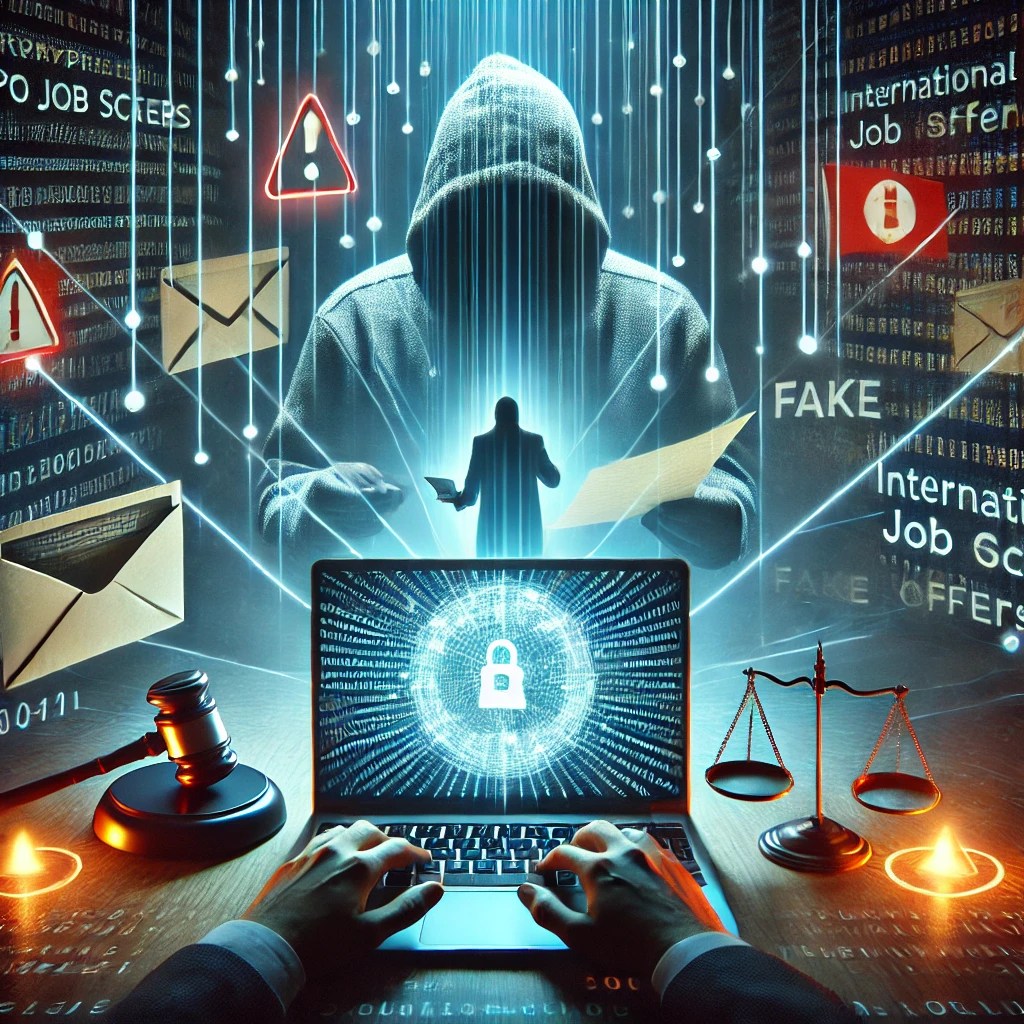In a digital age where technology blurs geographic boundaries, the potential for cyber malfeasance grows, posing significant threats to national security and corporate integrity. The recent sentencing of an Arizona woman sheds light on a remarkable and troubling scheme involving North Korean operatives exploiting these digital pathways. This high-profile case serves as a stark reminder of the vulnerabilities within remote employment systems and underscores the need for rigorous verification processes.
Fraudulent Schemes: A Deep Dive into North Korean Cyber Operations in the U.S.
Exposing the Laptop Farm and Identity Fraud
Christina Marie Chapman, aged 50, found herself entrenched in a sophisticated network of fraud, aiding North Korean IT operatives in infiltrating U.S. and international companies. Between 2020 and 2023, Chapman collaborated with North Korean nationals, providing them with stolen identities of American citizens. These identities were crucial for securing remote IT jobs in 309 U.S. firms and two abroad.
The scheme involved submitting falsified documents to companies and governmental bodies, particularly the Department of Homeland Security. By doing so, Chapman facilitated the circumvention of employment verification mechanisms, allowing North Korean workers to receive payments through U.S. financial systems.
Chapman’s involvement was further illustrated by her maintenance of a “laptop farm” within her home. This setup was devised to simulate a U.S. location for the workers, thereby deceiving employers into believing these individuals were operating domestically. Remarkably, law enforcement seized over 90 laptops from her premises, revealing a well-orchestrated operation, with at least 49 devices traced to locations close to North Korea.
Financial Maneuvers and Consequences
The financial aspect of the fraud was equally intricate. Chapman laundered wages and forged payroll checks, leveraging the stolen identities through her financial accounts. This complex web of deception led to the transfer of funds overseas, often under false pretenses reported to the IRS and Social Security Administration. In total, 68 American citizens saw their identities compromised, facing potential legal and tax consequences.
Chapman’s actions culminated in a federal sentence of 102 months in prison and a mandate to forfeit assets worth nearly $285,000 alongside restitution payments of $176,850 to affected parties.
Implications for National Security
The Department of Justice has identified this case as one of the most significant instances of North Korean infiltration within the IT sector. The broader narrative, as highlighted by U.S. Attorney Jeanine Pirro, paints a picture of North Korea’s persistent attempts to evade international sanctions, now extending into corporate America.
This case has sparked calls for enhanced scrutiny over remote hiring practices in companies, with Pirro warning that inadequate verification could expose businesses to significant security risks.
Acting Assistant Attorney General Matthew R. Galeotti underscored the implications, labeling Chapman as a pivotal conduit in North Korea’s exploitation of American corporations and financial frameworks. Furthermore, investigations by the FBI and IRS revealed that such frauds not only financially benefit North Korea but also support its nuclear ambitions.
How Can Companies Protect Themselves from Similar Fraud?
To safeguard against this type of fraud, companies should implement stringent identity verification processes and continuously monitor employee locations, particularly in remote work setups. Utilizing advanced cybersecurity tools and participating in regular audits can further mitigate these risks.
What Are the Legal Obligations for Companies Regarding Employee Verification?
Employers are legally required to verify the eligibility of their employees to work in the United States, typically through Form I-9. Failure to comply with these regulations can result in severe penalties, making it imperative for companies to uphold rigorous identity checks.
How Do These Schemes Impact U.S. National Security?
Such schemes pose substantial threats to national security by facilitating financial streams that may fund adversarial activities, including nuclear programs. They also undermine the integrity of U.S. financial and employment systems.
As the digital landscape evolves, cases like this underscore the critical need for companies to adapt and reinforce their cybersecurity and identity verification measures, ensuring that remote work remains a secure and viable option for businesses worldwide.

